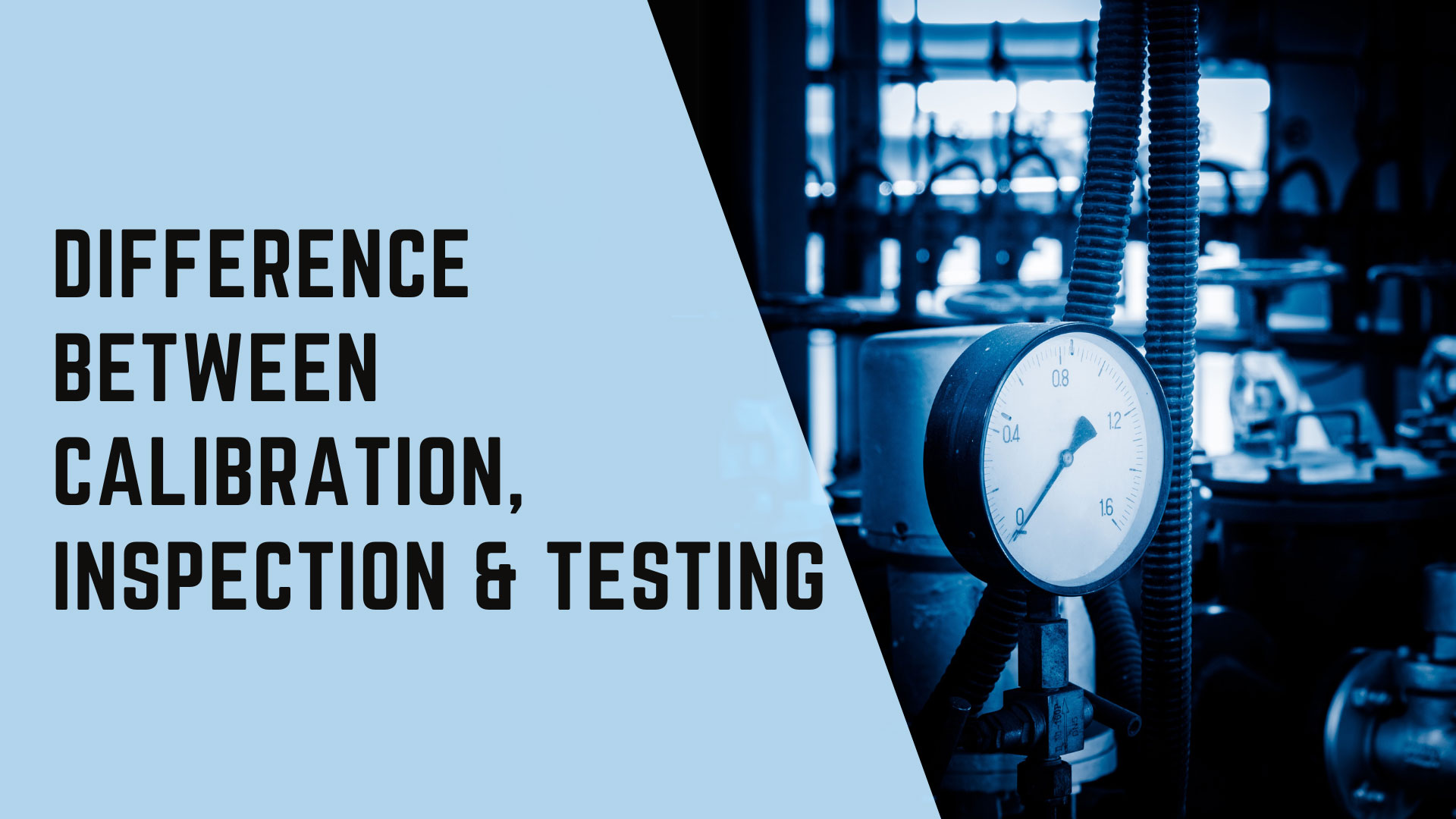
Three critical processes—calibration, inspection, and testing—are used to ensure the accuracy, functionality, and durability of products, tools, and equipment. While these terms are often used interchangeably, each process has its unique purpose and approach. This blog will help clarify the differences between these essential activities and highlight their importance in maintaining high-quality standards.
Purpose :
Calibration ensures that measurement instruments provide accurate and consistent readings by aligning them with known reference standards.
Process :
Involves comparing an instrument against a certified standard and making adjustments if discrepancies are found. This is done regularly to correct for drift in measurements.
Example :
Calibrating a thermometer to match a standard temperature value.
Purpose :
Inspection involves examining products or components to verify that they meet specified standard requirement/ Control plan and are free from defects
Process :
Products are visually or physically examined for defects or deviations from design specifications. This can include checking dimensions, surface conditions, or overall integrity.
Example:
Inspecting parts based on design specification using Co-ordinate measuring machine.
Purpose:
Testing assesses the performance, functionality, and durability of a product or system under specific conditions to ensure it meets intended requirements.
Process :
Products are subjected to various conditions (e.g., Humidity, temperature, or voltage) to evaluate their behavior, performance, or safety. The results help determine if the product is reliable under normal or extreme conditions.
Example :
Testing a mechanical part for a time period on a controlled temperature/Humidity condition.
While calibration, inspection, and testing all have crucial roles in maintaining quality, accuracy, and functionality, each procedure fulfills a different purpose. Calibration is to ensure that the measurements from instruments are right; inspection verifies the quality of a product and its conformity to set standards; testing determines the performance and durability of a product under specific conditions.
When choosing a service provider for calibration, inspection, or testing, it's crucial to work with accredited labs and professionals to ensure the highest quality standards. NABL accredited calibration labs are certified to provide accurate and reliable calibration services that meet international benchmarks.
At Roots Metrology, we provide reliable calibration services , testing, and inspection to ensure maximum quality and performance standards in your products and equipment. Our NABL accredited calibration lab is equipped with state-of-the-art tools and technologies to provide the most accurate and reliable results, ensuring your equipment and products meet the highest industry standards.